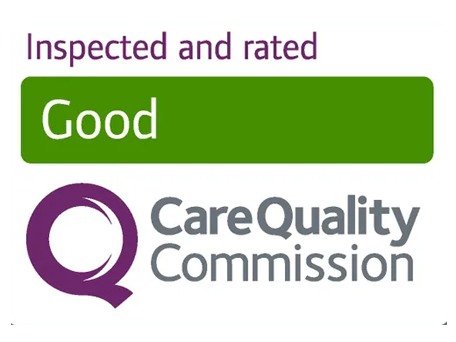Palliative care is a specialized medical care aimed at improving the quality of life for patients facing serious, chronic, or life-threatening illnesses. Unlike treatments focused solely on curing disease, palliative care addresses the physical, emotional, psychological, and spiritual needs of patients and their families. This approach ensures individuals receive compassionate, holistic support tailored to their unique circumstances.
What Is Palliative Care?
This focuses on relieving symptoms, pain, and stress caused by severe illnesses. It is appropriate at any stage of a serious illness, whether the condition is curable, chronic, or life-limiting. Importantly, it can be provided alongside curative treatments, making it a versatile and vital component of modern healthcare.
Key Goals of Palliative Care
- Symptom Management: Alleviating pain, fatigue, breathlessness, nausea, and other distressing symptoms.
- Emotional Support: Providing psychological counselling to address anxiety, depression, and fear.
- Improved Communication: Helping patients and families navigate complex medical decisions.
- Holistic Care: Considering spiritual and cultural values in the care plan.
- Support for Families: Offering resources and guidance to loved ones providing care.
Conditions Addressed by Palliative Care
It is not limited to end-of-life situations. It supports patients across a spectrum of serious health conditions, including:
- Cancer: Managing pain, nausea, fatigue, and emotional distress.
- Heart Disease: Relieving symptoms such as breathlessness and improving energy levels.
- Chronic Respiratory Diseases: Alleviating shortness of breath and anxiety related to breathing issues.
- Neurodegenerative Disorders: Supporting patients with conditions like Parkinson’s disease or ALS.
- Kidney and Liver Diseases: Managing the side effects of treatments and the progression of the illness.
- Dementia and Alzheimer’s: Addressing cognitive decline, emotional support, and caregiver resources.
The Multidisciplinary Approach to Palliative Care
This involves a team of healthcare professionals working collaboratively to meet the diverse needs of the patient and their families. This multidisciplinary team often includes:
- Doctors and Nurses: Specialized in pain management and symptom control.
- Social Workers: Helping families access resources and navigate healthcare systems.
- Counsellors and Therapists: Providing emotional and psychological support.
- Chaplains or Spiritual Advisors: Addressing spiritual or religious concerns.
- Dietitians: Advising on nutrition tailored to the patient’s condition.
Palliative Care Settings
It can be provided in various settings to suit the patient’s needs:
- Hospitals: For patients requiring advanced medical support.
- Hospices: Dedicated facilities offering comfort-focused care.
- Home Care: Allowing patients to receive care in the familiarity of their home.
- Nursing Homes: Providing specialised support within long-term care facilities.
Benefits of Palliative Care
- Enhanced Quality of Life: Patients can focus on meaningful activities.
- Reduced Hospital Visits: Better symptom control often leads to fewer emergency room trips.
- Family Support: Resources and guidance for caregivers reduce their stress and improve their ability to provide care.
- Improved Decision-Making: Clear communication ensures that patients and families understand their options.
How to Access Palliative Care
Patients can request this care through their primary care physician, specialist, or hospital team. Early integration into the care plan can lead to better outcomes and a more comfortable experience.
Questions to Ask When Seeking Palliative Care
- What services are available for my condition?
- How will the care team coordinate with my existing doctors?
- Can I receive palliative care at home?
- Are there resources for my family or caregivers?
The Role of Families in Palliative Care
Family members often play a crucial role in the caregiving process. Palliative care supports families by:
- Offering training on how to provide care.
- Providing respite care services to avoid burnout.
- Facilitating open discussions about medical decisions and future planning.
Conclusion
Palliative care is a compassionate and patient-centered approach that prioritizes quality of life for those facing serious illnesses. Addressing patients’ and their families’ physical, emotional, and spiritual needs provides a vital support system during challenging times. Whether managing symptoms alongside curative treatments or navigating end-of-life care, palliative care offers hope, comfort, and dignity.









